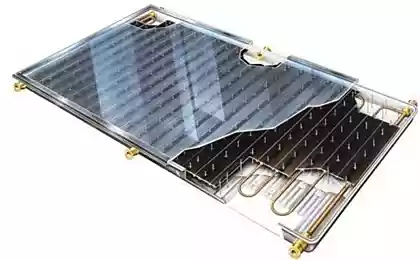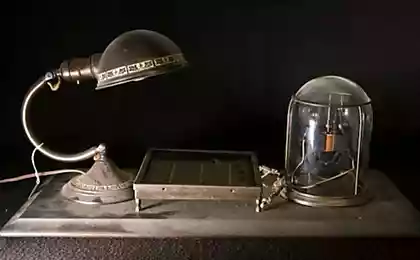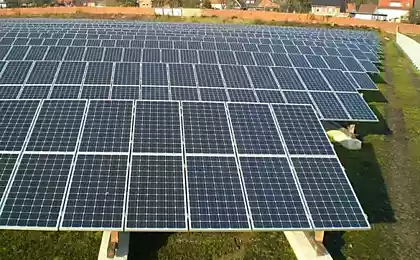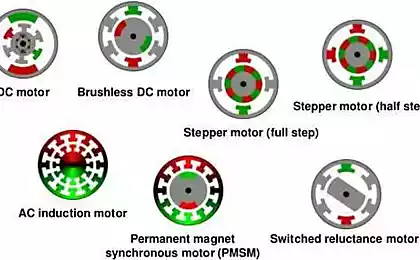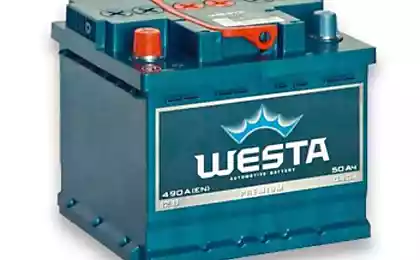450
Innovative refrigerator for waste heat energy
Researchers at Tokai University (Japan) has developed an innovative refrigerator that operates on waste heat energy using multi-stage engine of sound waves.
Shinya Hasegawa and his colleagues at Tokai University has developed a refrigerator (107 ° C), which runs on waste heat energy from an innovative, multi-stage thermoacoustic engine of sound waves. Refrigerator produces oscillations and the gas is cooled to a temperature lower than the boiling point of water and the minimum temperature reaches -107.4 ° C. when the initial temperature +270 ° C, the Results of the study were published in the journal Applied Thermal Engineering (application of heat), for November 2016.
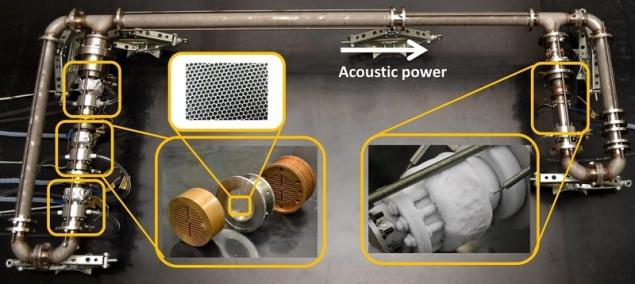
Job thermoacoustic (TA) engine-based heating, cooling and fluctuations of acoustic (sound) waves, created by thermal expansion and compression of gases, such as helium in a closed volume. The potential of THE engines to produce a clean and renewable energy was shown in reports published in the late 1990s and early 2000s, researchers in the United States. It should be noted that the ideas of these papers in a modern interpretation of the TA — engines, have led to a global increase in the number of studies on the development of THE engines with high efficiency for conversion of waste heat into useful energy.
Two main obstacles to the spread of this technology is a high efficiency system at a temperature less than 300 ° C, compared to 400 to 600 ° C at which the system works now; and durable construction, which could be used in a wide diapazone conditions such as rybalovsky ship and heavy industry.
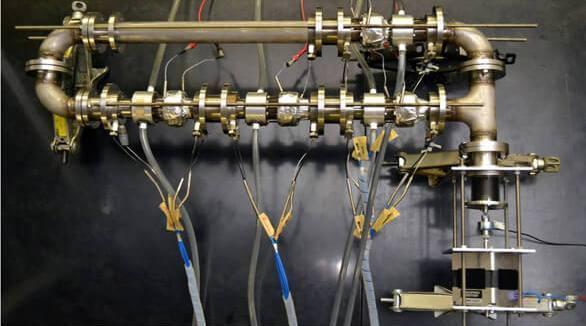
Hasegawa and his colleagues developed highly effective standard thermoacoustic multistage (MS-TA) engine with no moving parts, which operates at a temperature less than 300 ° C; this temperature is more than 80 percent of the waste heat of industrial enterprises. Design MS-TA engine is based on numerical finite element analysis conducted by Hasegawa and his group.
"TA engines have no moving parts, easy to maintain, and Potentially have high efficiency and low cost," says Shinya Hasegawa, associate Professor, Tokai University, Japan. "My goal in this study is the development of a TA-engine, which works at temperatures below 300° C with more than 30% efficiency, and demonstrate a refrigerator operating at temperatures of -200 ° C."
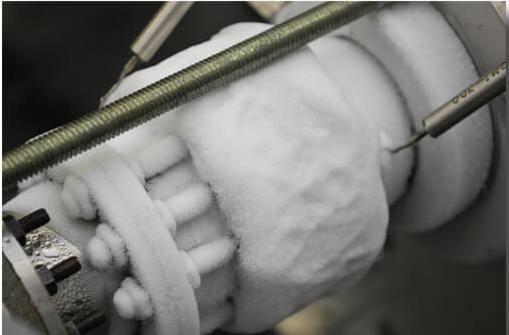
The maximum value of the refrigeration coefficient of the current model was 0,029 at 260 ° C, and the corresponding cooling capacity was of 35.6 W
It is important to note that the effectiveness of the TA - engine Tokai University is 18 percent at a temperature of minus 107 ° C
After the successful development of the prototype system, the next step in this study at Tokai University will be the development of practical TA engines with an emphasis on promoting environmental issues. published
Source: phys.org/news/2016-12-refrigerator-multistage.html
Shinya Hasegawa and his colleagues at Tokai University has developed a refrigerator (107 ° C), which runs on waste heat energy from an innovative, multi-stage thermoacoustic engine of sound waves. Refrigerator produces oscillations and the gas is cooled to a temperature lower than the boiling point of water and the minimum temperature reaches -107.4 ° C. when the initial temperature +270 ° C, the Results of the study were published in the journal Applied Thermal Engineering (application of heat), for November 2016.

Job thermoacoustic (TA) engine-based heating, cooling and fluctuations of acoustic (sound) waves, created by thermal expansion and compression of gases, such as helium in a closed volume. The potential of THE engines to produce a clean and renewable energy was shown in reports published in the late 1990s and early 2000s, researchers in the United States. It should be noted that the ideas of these papers in a modern interpretation of the TA — engines, have led to a global increase in the number of studies on the development of THE engines with high efficiency for conversion of waste heat into useful energy.
Two main obstacles to the spread of this technology is a high efficiency system at a temperature less than 300 ° C, compared to 400 to 600 ° C at which the system works now; and durable construction, which could be used in a wide diapazone conditions such as rybalovsky ship and heavy industry.

Hasegawa and his colleagues developed highly effective standard thermoacoustic multistage (MS-TA) engine with no moving parts, which operates at a temperature less than 300 ° C; this temperature is more than 80 percent of the waste heat of industrial enterprises. Design MS-TA engine is based on numerical finite element analysis conducted by Hasegawa and his group.
"TA engines have no moving parts, easy to maintain, and Potentially have high efficiency and low cost," says Shinya Hasegawa, associate Professor, Tokai University, Japan. "My goal in this study is the development of a TA-engine, which works at temperatures below 300° C with more than 30% efficiency, and demonstrate a refrigerator operating at temperatures of -200 ° C."

The maximum value of the refrigeration coefficient of the current model was 0,029 at 260 ° C, and the corresponding cooling capacity was of 35.6 W
It is important to note that the effectiveness of the TA - engine Tokai University is 18 percent at a temperature of minus 107 ° C
After the successful development of the prototype system, the next step in this study at Tokai University will be the development of practical TA engines with an emphasis on promoting environmental issues. published
Source: phys.org/news/2016-12-refrigerator-multistage.html
Google stopped development of the car without a steering wheel and pedals
Britain broke the record for the development of wind energy

